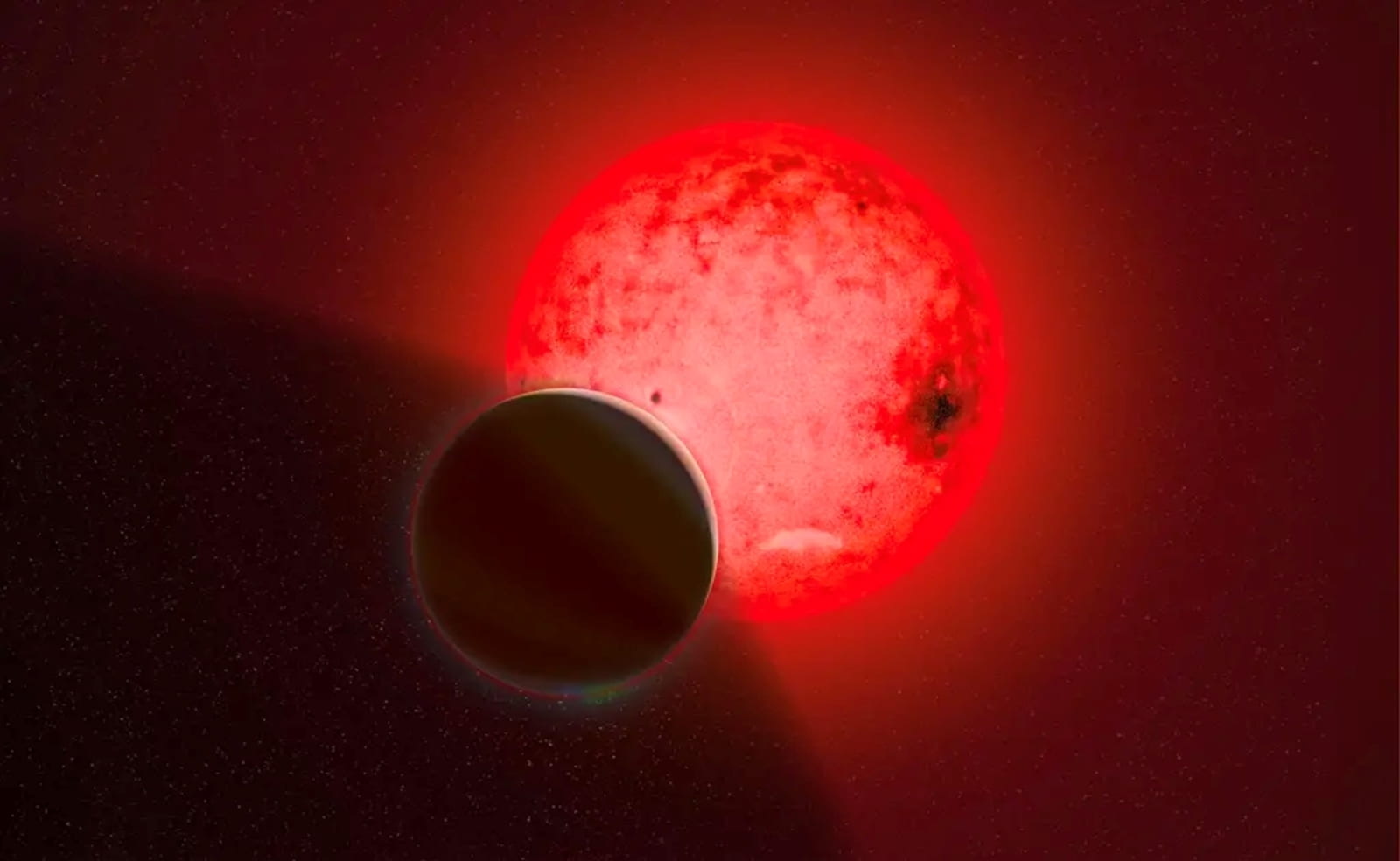News
Strange New Worlds: Penn State a Key Player in a new NASA ICAR
September 2023
Penn State is part of one of the seven new teams funded by NASA through the cross-divisional Interdisciplinary Consortia for Astrobiology Research (ICAR) program. Each ICAR seeks to address a focused question or topic, deemed to have a high significance for astrobiology, with an interdisciplinary approach.
Suvrath Mahadevan, Verne M. Willaman Professor of Astronomy and Astrophysics at Penn State, is a key member on the Strange New Worlds: Characterizing Nearby M-dwarf Habitable Zone Planets research project. Mahadevan will build on the capabilities of the Penn State-built Habitable Zone Planet Finder (HPF) and NEID planet finding spectrometers to seek out new terrestrial worlds around the nearest M dwarf planets that can be studied and characterized with the upcoming 30-m class telescopes and future space missions. The interdisciplinary ICAR team will also seek to understand the atmospheres and potential biosignatures of these strange worlds, and the complex interactions of these planets with their M dwarf host stars. This selection by NASA continues Penn State’s long record of involvement and leadership in ICAR, exoplanet science, astrobiology and interdisciplinary research

